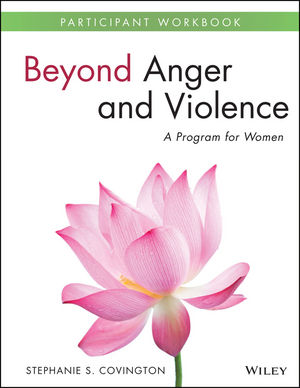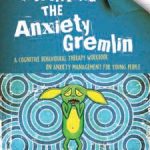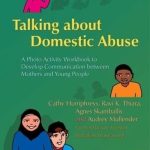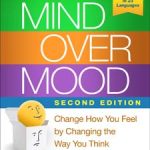The participant’s essential guide to reflection and personal growth
Beyond Anger and Violence: A Program for Women Participant Workbook is the participant’s personal place for reflection, reactions, and learning, during and after management sessions. The activities inside reinforce program lessons about anger and violence, including how families, relationships, communities, and society affect one’s life. In learning about the relationships between thoughts, feelings, and behaviors, participants can begin to grasp a better self-understanding that will help them manage anger in a healthier, more productive manner. They’ll develop new skills for communication, conflict resolution, and decision-making, and will be introduced to a variety of calming techniques.
Beyond Anger and Violence is a 40-hour, evidence-based program designed for women who have difficulty managing anger. Based on a social-ecological model, the program addresses the factors that put people at risk for experiencing overwhelming feelings of anger, and perpetrating assaults or destruction of property. This curriculum acknowledges anger as a normal, appropriate, and human emotion, but also recognizes the destruction it can lead to if allowed to get out of control. This workbook will help guide participants through the program, reinforcing the discussions held in session. Topics include:
- The effects of trauma
- Relationships and communication, control, and conflict
- The importance of safety and the power of community
- Self-transformation, and creating change
The workbook also includes a Daily Anger Log, a Self-Reflection Tool, and list of yoga poses that can have a calming effect on both body and mind. Participants may already recognize the effects of anger on their lives, and that it may even be affecting their health. Through the Beyond Anger and Violence program, and the exercises in this workbook, they can join a group of women working to create a less-violent world.
Contents:
- Introduction xi
- Orientation Session 1
- Overview of the Program 1
- Part A: Self 19
- Session One: Thinking Our Thoughts 21
- Session Two: Feeling Our Feelings 35
- Session Three: Violence and Trauma in Our Lives 49
- Session Four: The Effects of Trauma 59
- Session Five: Women and Anger 73
- Session Six: Tools for Managing Anger 91
- Session Seven: Understanding Ourselves 101
- Part B: Relationships 111
- Session Eight: Our Families 113
- Session Nine: Communication 127
- Session Ten: Power and Control 135
- Session Eleven: Conflict Resolution 147
- Session Twelve: Creating Our Relationships 157
- Part C: Community 163
- Session Thirteen: Our Communities 165
- Session Fourteen: The Importance of Safety 177
- Session Fifteen: Creating Community 189
- Session Sixteen: The Power of Community 199
- Part D: Society 203
- Session Seventeen: Society and Violence 205
- Session Eighteen: Creating Change 221
- Session Nineteen: Transforming Our Lives 227
- Session Twenty: Honoring Ourselves and Our Community 235
- References 267
- About the Author 271
- About the Cover 273
- Feedback Form 275
Author Bio:
Dr. Stephanie S. Covington is a nationally recognized clinician, author, organizational consultant, and lecturer. She is a pioneer in the field of women’s issues, addiction, and recovery. She has developed an innovative, gender-responsive, and trauma-informed approach to the treatment needs of women and girls that results in effective services in public, private, and institutional settings.
Her presentations, staff-development seminars, and technical assistance focus on systems change and the development of caring, compassionate, and empowering therapeutic environments. They provide professionals an opportunity to learn new skills for dealing with personal, institutional, and societal changes and are always in demand, both nationally and internationally.
Dr. Covington’s clients include the Betty Ford Treatment Center, the Hanley Center, Pine Grove Women’s Center, the United Nations Office on Drugs and Crime, the Center for Substance Abuse Treatment in Washington, D.C., the California Department of Corrections and Rehabilitation, and numerous other treatment and correctional settings. Dr. Covington was a workshop chair for the women’s treatment improvement protocol (TIP) and the trauma TIP (published by CSAT) and is the co-author of a three-year research project, Gender-Responsive Strategies: Research, Practice, and Guiding Principles for Women Offenders, for the National Institute of Corrections. This publication received the University of Cincinnati Award for its outstanding contribution to the field of corrections in the U.S. and Canada.






